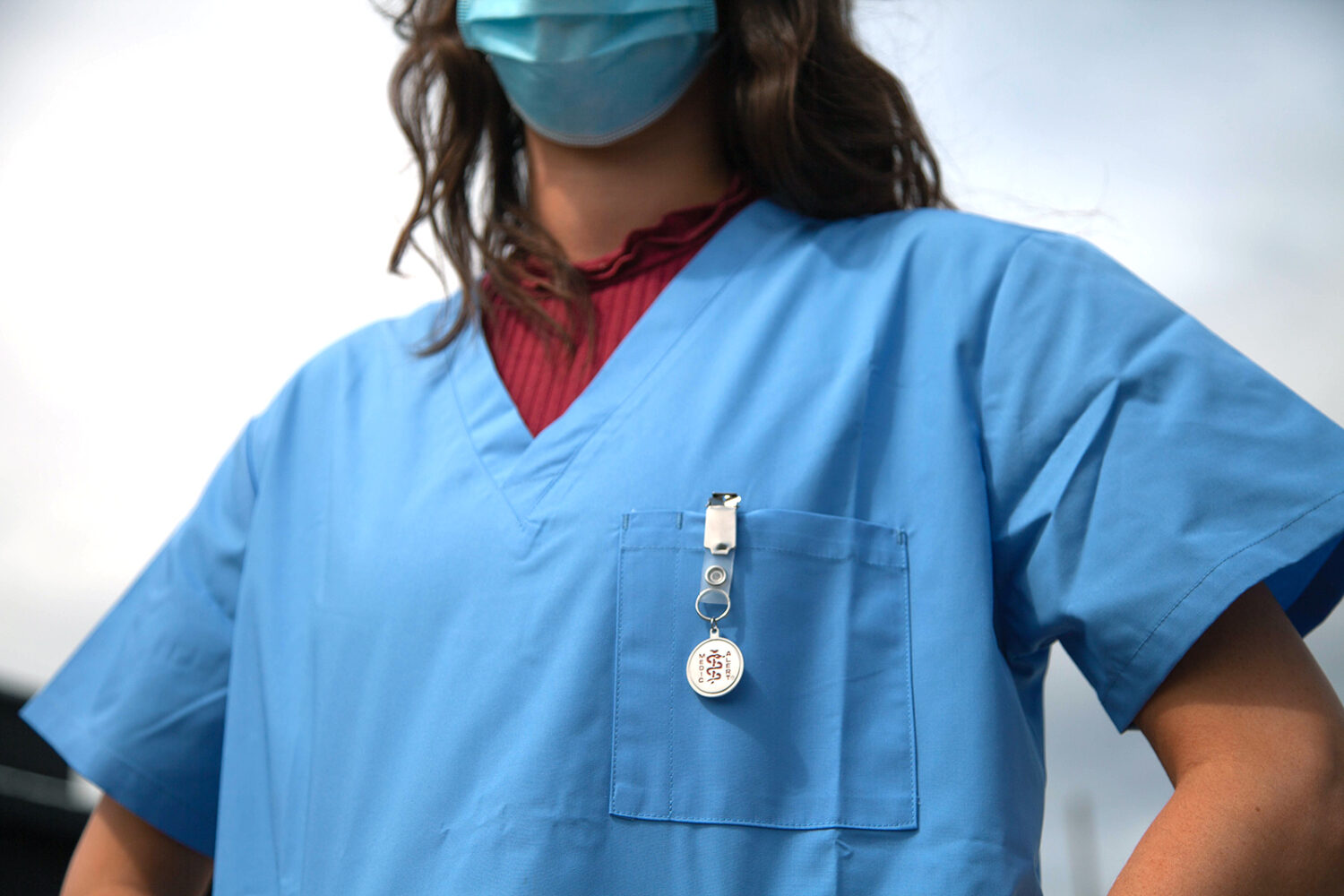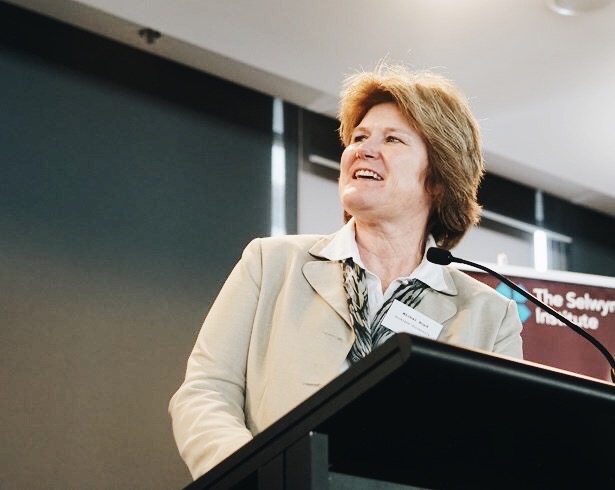People living in aged residential care are the oldest and most vulnerable people in our community. Generally speaking, these residents have more chronic conditions as well as greater physical, cognitive, and mental disabilities than their counterparts living in their own homes.
Residents rely upon trained registered nurses to provide around-the-clock care and monitoring. These nurses are trained to spot acute illness in older people, which can be often difficult to spot as symptoms are subtle and display differently to illnesses in the general population. Without this intervention, it can lead to a delay in the identification and suitable treatment of the health concern, both of which can have dire consequences for residents.
Nurses are the essential component in the care of these residents. They assist and support residents, and provide the necessary medical care that can make a difference, particularly in the early stages of illness. So Principal Investigator Associate Professor Michal Boyd and her team sought to develop a robust system to support registered nurses in detecting acute resident illness as early as possible.
In earlier research for Ageing Well, Associate Professor Boyd and her team looked at dementia and palliative care in aged care facilities. They developed the Frailty Care Guides / Nga Aratohu Maimoa Hauwarea, in collaboration with the Health Quality and Safety Commission (HQSC). This document has become nationally instituted as the best-practice playbook for the sector.
In developing this guide, however, Associate Professor Boyd realised there was a gap in the care practices and in the operational management of residents’ health. So the research team developed this project for phase 2 funding to develop an early warning system that would improve the lives of all aged care residents and the health care providers tasked with assisting them.
About the research
The primary aim of this study is to develop the Deterioration Early Warning System (DEWS), an evidence-based and user-friendly warning system to help clinical staff recognise health deterioration early for those living in aged residential care. This system is an innovative and ground-breaking system that does not currently exist in the New Zealand residential aged care sector.
This project was divided into three sections.
The first identified the common signs and markers of deterioration from interRAI, an existing database of resident information. All information was de-identified for privacy purposes but still allowed the research team to be able to chart the vital snippets in information concerning acute illness in residents.
The second part of the project involved speaking with those who had a knowledge and understanding of acute illness. This group included residents themselves, whānau, staff, and allied health professionals who spoke to the research team about their understanding and how they identify acute resident deterioration. This direct consultation has fostered a collaborative and co-design model for the third phase.
The final part was the development of DEWS for use and practice in aged care facilities around the motu. It also incorporated the refinement of the early warning system in practice and a review by sector experts, along with the assistance of the New Zealand Health Quality and Safety Commission.
A tool co-designed with those who will use and benefit from it
The co-design process was a complex yet encouraging process. The research team synthesized the applicable statistical data from the interRAI database with the qualitative data from interviews with residents, families, aged residential care staff, nurse practitioners, general practitioners, and geriatricians. Then the tool was co-designed with expert input (both clinical and non-clinical), Māori cultural expertise, and evolved utilising observational experience and analysis of use. For example, the research team identified that the temperature ranges in frail older adults are lower than standard text book ranges, so Associate Professor Boyd’s team adjusted temperature ranges in the tool to reflect this.
The final result of the early warning system is the representation of research-based evidence and pragmatic clinical applicability. It is a tool co-designed by those who will utilise it and benefit from it.
What next for DEWS?
Associate Professor Boyd and her team have been in regular communication with the Health Quality and Safety Commission, which in turn, has kept the aged residential care sector up-to-date with the project. Currently, discussions are ongoing between the research team and the Commission to support a pilot project in 2023 to implement the DEWS tool. The Commission is a good fit for exploring this research further as it is a neutral quality improvement body with strong links across the aged care sector.
Nevertheless, the potential for positively impacting on the function of aged care facilities – from the point of view of nursing staff, residents and their whānau, as well as an operational one – is considerable. The DEWS tool is fit-for-purpose and, if implemented, will improve the lives of all aged care residents and those looking after them.

